Course modules
Discover the building blocks of your programme
Further guidance on modules
Modules are designated core or optional in accordance with professional body requirements, as applicable, and LJMU’s Academic Framework Regulations. Whilst you are required to study core modules, optional modules provide you with an element of choice. Their availability may vary and will be subject to meeting minimum student numbers.
Where changes to modules are necessary these will be communicated as appropriate.
Core modules
Coaching as a Social Process
20 credits
20 credits
This module uses theoretical concepts to explore areas such as coach philosophy and relationships between coaches, athletes and fellow staff. Students will apply concepts to their own sport coaching role.
Sport Coaching Pedagogy and Practice
20 credits
20 credits
This module provides a theoretical basis for understanding how learning occurs. It also enables you to use theoretical understandings to analyse and develop learning environments to help you flourish.
Coach Education and Development
20 credits
20 credits
This module critically explores coach education and coach development. Underpinned by learning theory, the module enables you to develop yourself and others as coaches through work-related learning in a sport coaching placement. The placement can be in your own context or at one of LJMU’s sporting partners. You will use research skills to enhance and evaluate learning from your work experience.
Advanced Training Programme
20 credits
20 credits
This module aims to deepen understanding of contemporary scientific theories, principles and methods and their application in the physical development of athletes. You will explore physical training methods and schedules that help individuals achieve their sporting aims.
Psychology for Sport Coaching
20 credits
20 credits
This module enables you to critically evaluate and integrate current contemporary sport psychology research and best practice into your coaching. The module examines current sport psychology literature and develops a coherent understanding of issues associated with emotion, motivation, peak performance and motor skill development.
Independent Study
60 credits
60 credits
This transdisciplinary module examines talent development systems, processes and models. You will use contemporary research to critically consider how talent and performance can be developed across the participant lifespan.
Talent Development and Performance Analysis
20 credits
20 credits
This module aims to develop and extend your knowledge and practical experience of the research process. You will utilise advanced research methods within a sport coaching context and develop a research project in a journal style.
Professional Planning Training in Sport and Exercise Science
30 credits
30 credits
This short module is intended to introduce the programme and support you in self audit and planning professional research activity. It aims to:
- enable you to critically evaluate your current status with respect to relevant competencies for Applied Sport and Exercise Scientists
- provide evidence of a systematic plan for your own development, more specifically a plan relating to the development of your professional practice
Sport and Exercise Science Professional Practice
270 credits
270 credits
This module comprises 2,100 of the course's 2,700 work-based activity hours. It aims to capture the competencies associated with applied research:
• professional skills and standards important for research • strategies to support the completion of independent research projects • key themes in disseminating applied research
Reflection in Sport and Exercise Science
60 credits
60 credits
This module prepares you for the future by closing the loop on your research training, reflecting on your original plan and experiences and looking towards future practice. The module lets you demonstrate your:
- overall professional skills development
- ability to critically analyse, reflect and meta-reflect on your development and the decisions and choices you have made during training
Course tutors
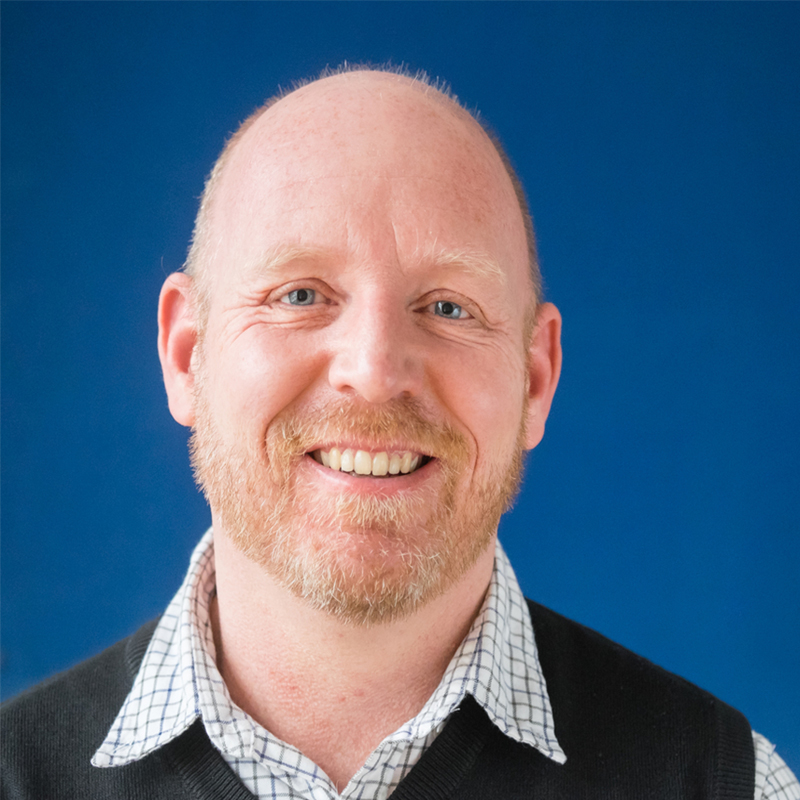
Dr Simon Roberts
- Featured tutors job title
Career paths
Further your career prospects
LJMU has an excellent employability record with 96% (HESA 2018) of our postgraduates in work or further study six months after graduation. Our applied learning techniques and strong industry connections ensure our students are fully prepared for the workplace on graduation and understand how to apply their knowledge in a real world context.
Fees and funding
Entry requirements
You will need:
Qualification requirements
Alternative qualifications considered
The following criteria are essential: MSc in Sport/Sport and Exercise related topic, normally at least at merit level or an MPhil in an area of Sport and Exercise Science. Applicants will be required to make a claim for accreditation of prior learning; consideration of any such claim will be undertaken by the Faculty Recognition Group in line with the requirements of the University's Academic Framework. All candidates must be interviewed and where appropriate, must also hold an unproblematic Disclosure and Barring Services (DBS) record. Applicants whose graduate study was undertaken in languages other than English will need to demonstrate English language proficiency to the level of an IELTs overall score of 7 with no element below 6.5. Evidence of securing pre-arranged work-based learning opportunities prior to enrolment, with employer/line manager support as applicable.
How to apply
Securing your place at LJMU
Your university life
From accommodation and academic support to clubs and societies. Find out what LJMU has to offer.
Talk to our students
Connect with a current LJMU student for advice and guidance on university life, courses and more.
See what our students are saying
At LJMU we want you to know you’re making the right choice by studying with us. You can see what our students are saying about their experience with us through their reviews on the following websites:
Related Links
News and views
Browse through the latest news and stories from the university
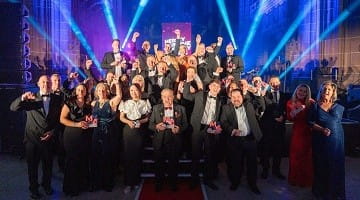

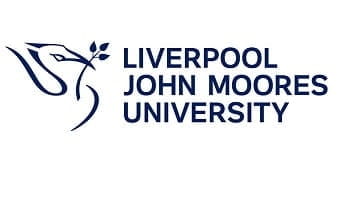
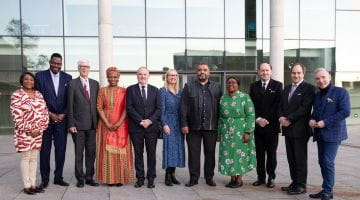

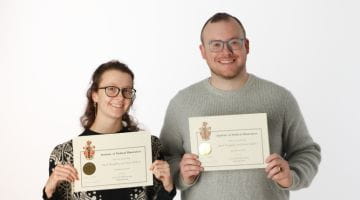
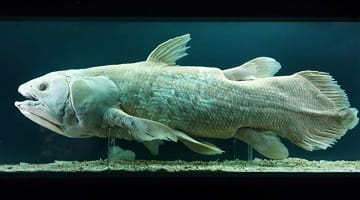


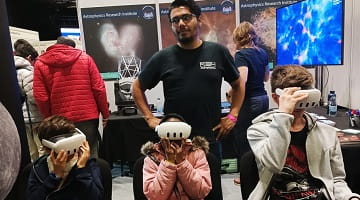
The University reserves the right to withdraw or make alterations to a course and facilities if necessary; this may be because such changes are deemed to be beneficial to students, are minor in nature and unlikely to impact negatively upon students or become necessary due to circumstances beyond the control of the University. Where this does happen, the University operates a policy of consultation, advice and support to all enrolled students affected by the proposed change to their course or module.









